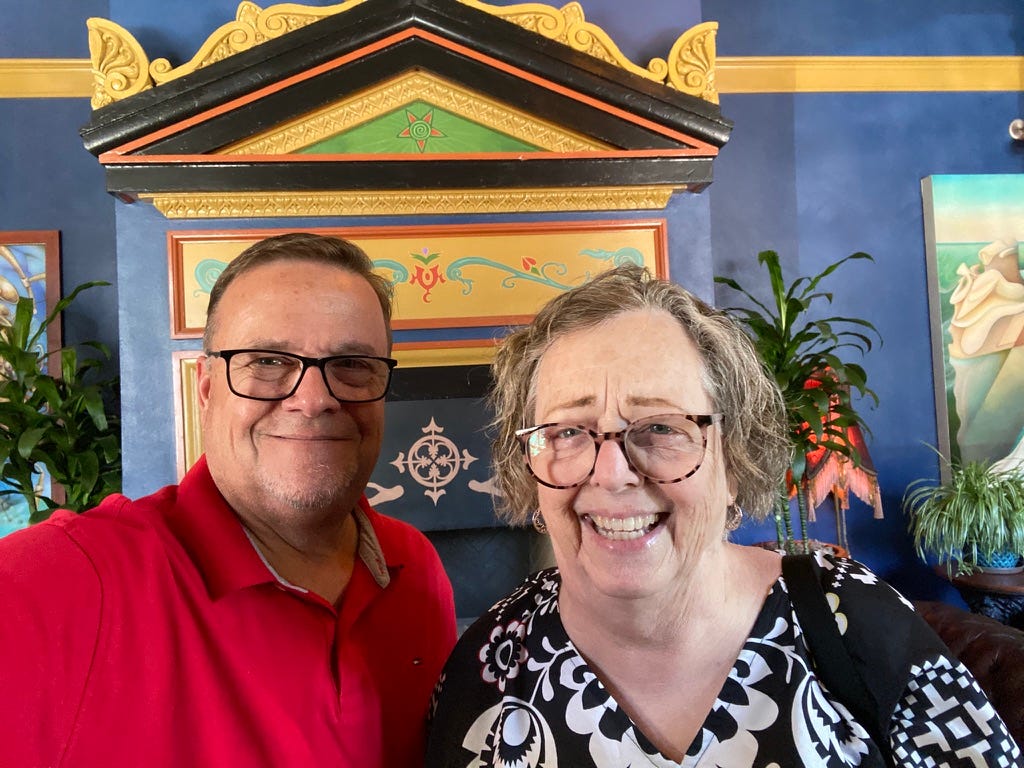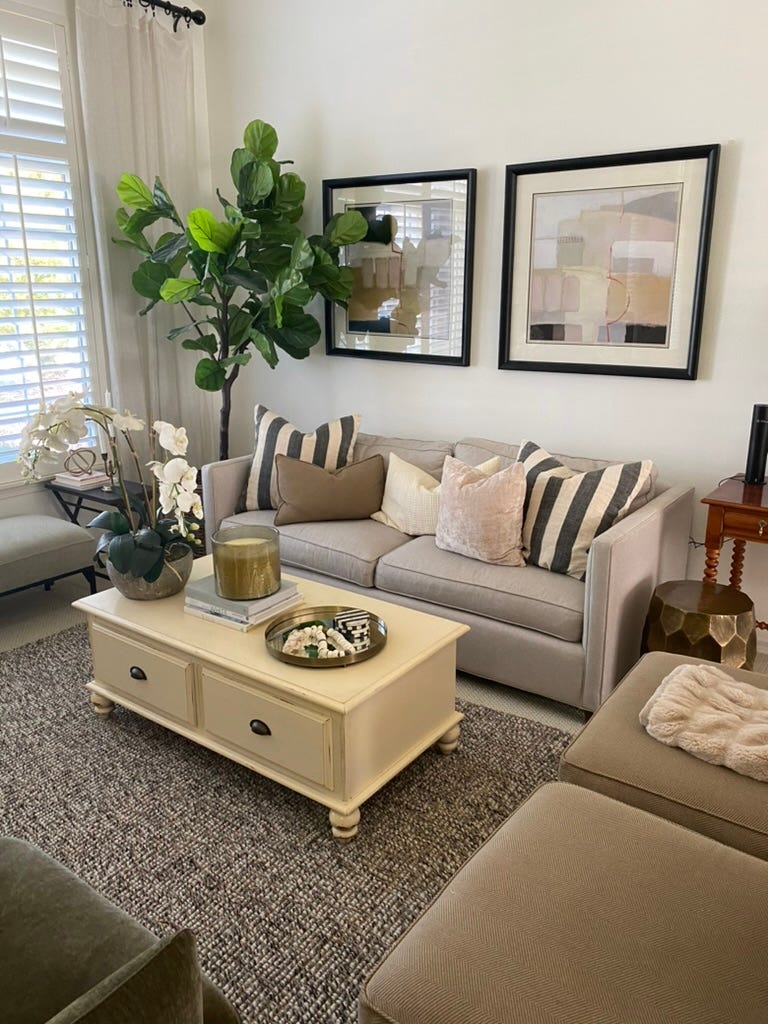
Maybe before I finish writing this I will hear that Scott has been placed on the liver transplant list. There is one more hoop—financial—which basically means insurance approval for a transplant. Not that insurance even begins to provide all the help we need, but I refuse to consider that right now. Denial would likely mean certain death within three months. Here is why . . . (I asked ChatGPT to help me.)
Before you read, here is the context for this. At the first consultation for the transplant, Scott’s MELD score was 28. During the stay in the hospital, his kidneys were stabilized and his score dropped to 22, helping the team to feel confident they could send us home to work on some necessary hurdles to being placed on the transplant list. After a week and a half, I realized something was very wrong and we returned to the UW Medical Center on Saturday where he was placed in ICU and received dialysis the next day. At this point, his MELD score stands at 34 and he would have died that night if my family and friends hadn’t helped me get him the care he needed.
The Model for End-Stage Liver Disease (MELD) score is a numerical scale used to assess the severity of chronic liver disease. Developed to prioritize patients for liver transplants, the MELD score is based on laboratory values including bilirubin (which reflects liver function), creatinine (indicating kidney function), and the international normalized ratio (INR, a measure of blood clotting). Sometimes sodium levels are also factored in (MELD-Na). The score helps determine how urgently a person needs a liver transplant, with higher scores indicating more severe illness and a higher risk of death. MELD scores typically range from 6 (less ill) to 40 (gravely ill), and are recalculated regularly to reflect a patient’s current condition.
Here’s a chart summarizing MELD score levels:
My people have been such a support to me—always—but especially this week after food poisoning mixed with complete exhaustion took me down for the count. Thank you to my sister-in-law and children for covering the days in the hospital so I could rest. I have been there for most of the doctor visits through FaceTime. One doctor said the Bingo card of our support team is filling up this week. It has been remarkable. The nurse liaison for the liver transplant team has also been in communication with me.
I am allowing myself to sit with every possible emotion. I think Pollyanna has forever left the building at this point. I don’t want to be that person who everyone admires for going through hard things so gallantly. No, this week, I am an exhausted pigeon who fell face-first on the floor in a disheveled heap. This is a journey that cannot be imagined by anyone who has not taken it. And I don’t know where the sign-up list was that I accidentally signed.
This was Scott and me last summer celebrating our 45th anniversary. Though I was sensing that something was not OK for him health-wise, no one could have predicted where we are now. No doctor had alerted us. There was nothing that couldn’t be attributed to growing older. We did not see this coming.
The question I have and a question he is likely too sick to contemplate at this point is this: Should we be trying so hard to save his life at his age (69)? After all, we have had a good life. Neither of us is afraid of dying—we have lived through much worse things. His parents lived to around 90. This seems young to us. He could go, but both of us want him to stay.
There isn’t any logical reason that Scott didn’t die last Saturday. Except for one. I had been up in the night trying to find peace with the fact that he was likely dying because of the delays in getting him on the transplant list. After several attempts to ignore a consistent voice that said, “He is going to live, but it will be hard,” I shrugged my shoulders and went back to bed.
The thing is, he did live because I couldn’t let him remain on the couch dying. All I knew was that the voice in the night said that he would not die. I got help. And yes, it was very hard and continues to be hard, and moving ahead to the transplant will be even harder in so many ways. Selfishly—self-care-ishly— I miss my cottage, I miss my bed, I miss my stuff, and I miss Weber. But I will always continue to call for help.
I could not be better cared for or in a more restful place while I try to recover so I can return for another day. Writing again is a positive sign.






Continued prayers for both of you. May God give both of you rest and peace to endure this journey. Thank you for the update.
Oh dear friend. Every day every day I pray for you both. Love from here.